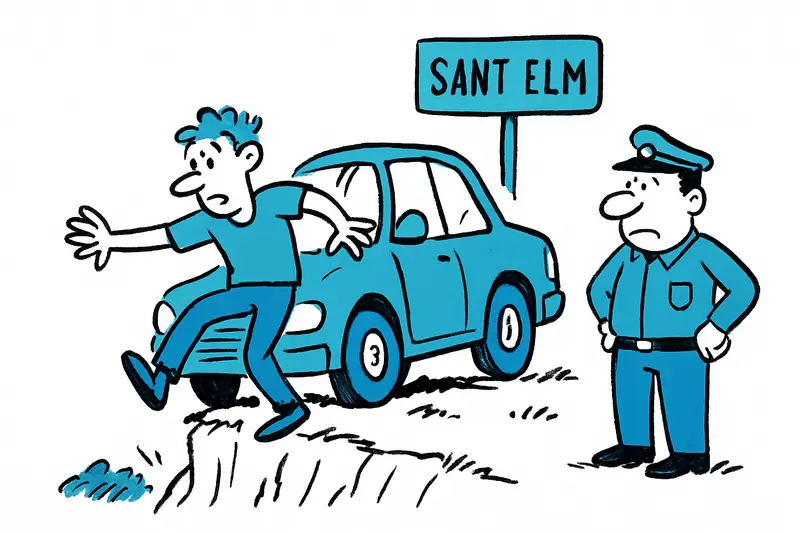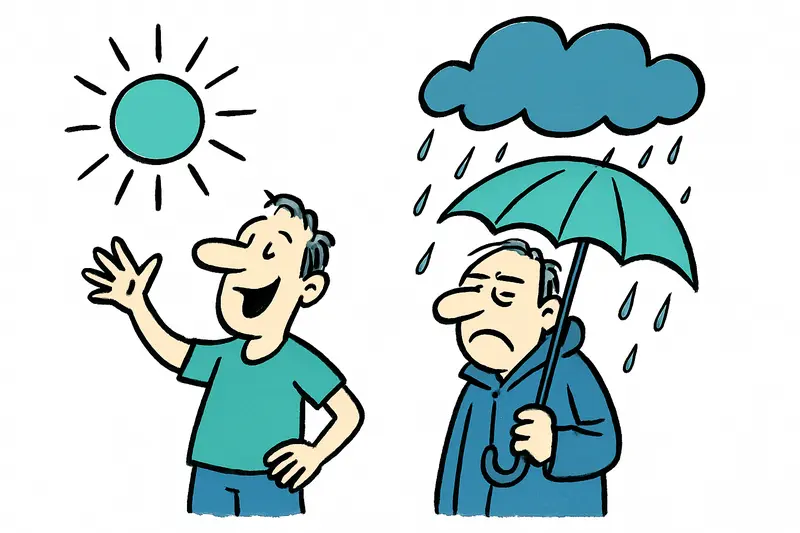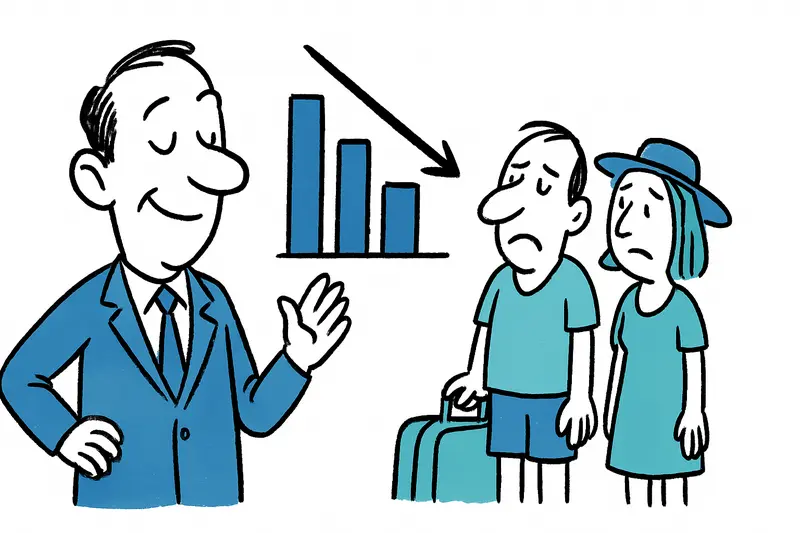Fewer Germans on Mallorca? The tourism minister shrugs it off: higher prices and reduced flight capacity are to blame, while other markets fill the gaps. A look at the debate in Palma.
Fewer German tourists: No catastrophe, says the minister
In Palma, the reaction on Tuesday sounded surprisingly calm. The Balearic tourism minister said the reduced arrivals from Germany were not a warning signal for the islands. Instead he sees an opportunity: more guests from France, Italy and Switzerland would make up for the loss — in short: a broader customer base is an advantage.
You could hear it on the Passeig, in small cafés in La Lonja and at the market hall: conversations about prices, flights and protests. Some restaurateurs are tense, others optimistic. The minister pointed to figures from other destinations: the Canary Islands had recorded significantly larger booking increases from Germany in the low season, while here the available seats had fallen by around ten percent.
Prices as main cause — say the experts
One point almost everyone agrees on: the increased costs. Many families, but also budget travelers, now compare more carefully. Egypt or Turkey are attractive again for some because money goes further there. You can feel it in the market, says a travel agency owner in Santa Catalina: "People are suddenly calculating differently."
At the same time there are voices that do not want to completely rule out the anti-tourism demonstrations as a factor. Representatives from civil society who took part in protests warn, however, against drawing premature conclusions. And the German Consul General in Mallorca put the impact into perspective in media reports: conversations are noticeable, in his impression, but they do not alone explain the decline.
Opposition and industry representatives remain skeptical
On the opposite side, opposition politicians criticize the government: too little courage and too many excuses. The head of a local travel agency association spoke of tougher times, especially for Palma, where many businesses are already operating at the pain threshold. Some hoteliers say they have already noticed a shift in bookings and now have to plan more flexibly.
What remains: Mallorca is in motion. In November the streets are cooler, but cafés are still full at the weekend. The debate about prices, flight connections and the role of protests will probably accompany us for a while. Whether the island ultimately benefits from a more diversified guest structure or suffers from it also depends on decisions made locally — in town halls, by airlines and by individual businesses.
Conclusion: No clear picture, but clear indications: prices are pressing, capacities are changing and the tourist composition is shifting. For some this is an opportunity. For others a warning sign.
Similar News

Accident in Sant Elm: 20-year-old drives car down embankment — without license or insurance
A young man drove his family's car three meters down a slope on a cool Tuesday afternoon in Sant Elm. The incident left ...

Winter travel chaos: Why so many Mallorca flights are overbooked right now
Travel agencies in Mallorca are sounding the alarm: more and more aircraft are departing with more tickets sold than sea...

One Last Taste of Summer, Then Rain: Weather Shift Approaching Mallorca
In mid-November Mallorca experiences a short warm spell up to 26°C — but beware: clouds move in from Friday and more per...

19-year-old lets his stepmother's car tumble down a three-meter embankment in Sant Elm
In Sant Elm a car with German license plates slid down a steep embankment. The young driver apparently did not have a dr...

Family car over cliff near Sant Elm: 18-year-old drove without license and insurance
In Sant Elm a Toyota registered in Germany rolled down the slope. The driver is only 18 and had no license — raising que...
More to explore
Discover more interesting content

Experience Mallorca's Best Beaches and Coves with SUP and Snorkeling

Spanish Cooking Workshop in Mallorca

